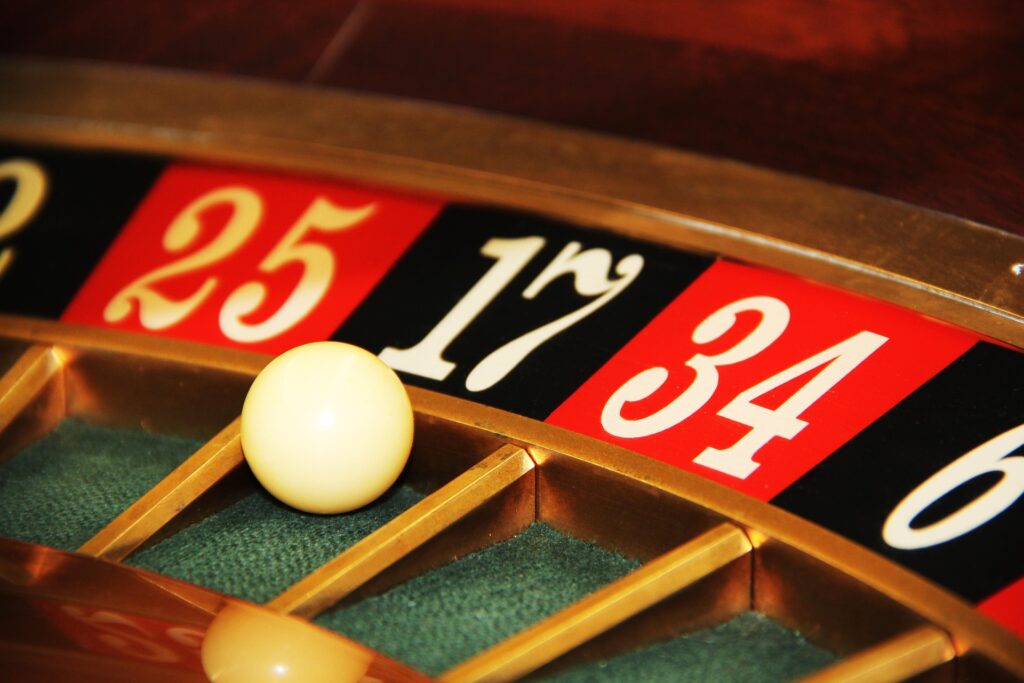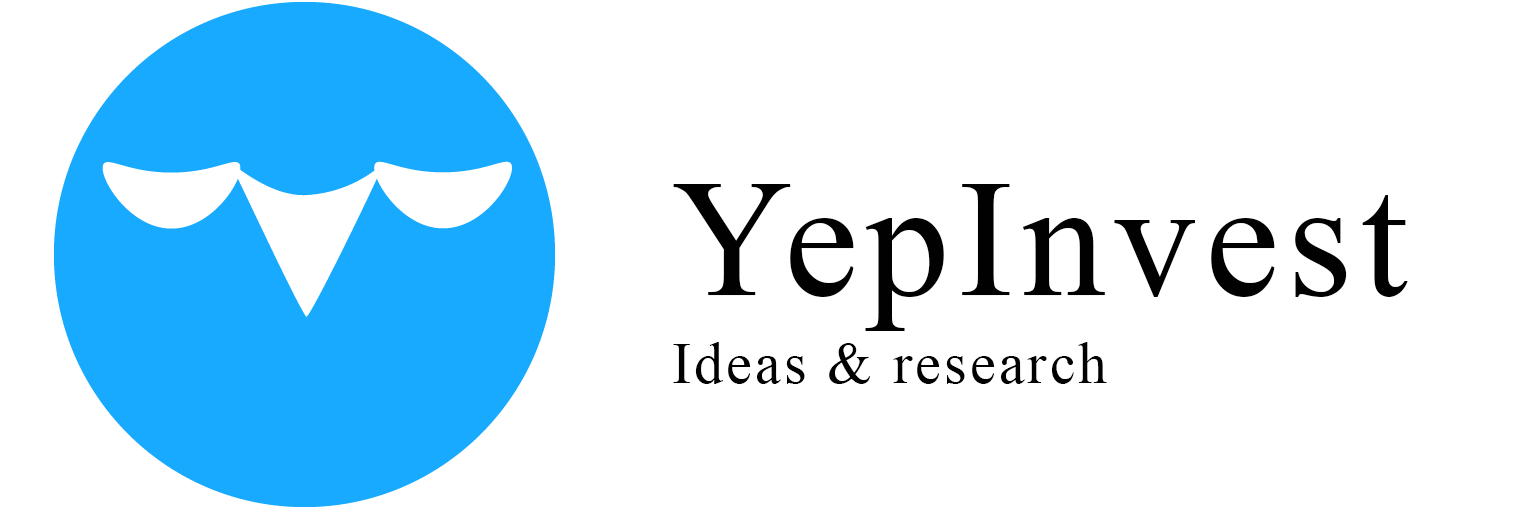
As markets were my last topic I am now thinking about the buy and sell behavior in another way, in particular as bets and outcomes. When someone wants to make a good deal, it all comes down to a certain amount of money to bet on a certain amount of equivalent, just as described in the markets topic. But bets are certainly not limited to money buying physical goods or services.
Bets with money
Bets with money can be placed in sports, results of a certain action , gambling (such as casinos, poker, lotto, etc.) or within all the financial markets. For any bet placed there must be a chance of winning back more than the bet has cost. If you place bets, you should be prepared to lose or win with a chance known or unknown. Now math comes into play. If it is more likely that an outcome is higher than the chance to bet, you can always make this bet. If it is less likely, it all depends on the value of the outcome for YOU.
When you play the lottery and there is a chance of 1:100 mio by betting 1 US$ that you can win 10 mio US$, it might still make sense for you to play this game because the bet is very low to your personal circumstances and a high outcome can give you another way of life. Of course, it won’t be very likely to win, but if it happens, you are done. The time horizon is of matter here. No one has the time to play the lotto 100 mio times, still there are winners. They took the low chance to win high. Also there is mathematically no guarantee that if you play 100 mio times, you will win those 10 mio US$.
Buying something as an investment is also a bet. It might work out, but the less sure it is, the higher / lower can be the outcome. When you buy a company (or shares of a company), the company might produce goods or services continuously, which makes it a good deal.
How can you calculate the risk and chances for the outcome with money?
See Risk & Chances.
Bets without money
Bets are not limited to money. A certain action can also be a bet, because a bet is always equal to a cost. And this cost could be time, work, studying something or another action that you personally refer to cost.
I would argue:
If you like to do something, it’s not a cost factor and therefore not a bet.
E.g. if you like to study Spanish, the outcome might be that you can speak with a lot more people than before. There is no value of money behind it, but value of freedom, life and communication. It might even give you a lot more value than any amount of money, as money can buy you only whats available on markets.

Pingback: War & Peace – YepInvest
Im very pleased to find this page. I wanted to thank you for your time due to this wonderful read!! I definitely savored every bit of it and i also have you bookmarked to check out new information in your blog.
Pingback: Winner & Loser – YepInvest
Pingback: Speculation – YepInvest
Hello there! I just would like to offer you a huge thumbs up for the excellent info you have got here on this post. Ill be returning to your blog for more soon.
Pingback: The stock market and scenarios – YepInvest
Pingback: Risk & Chances – YepInvest
Pingback: Speculation 2 – YepInvest